There’s a gesture that sums up the people of Tangier. When responding to a compliment or expressing an earnest emotion, the Tangerois tap their palms against their upper chests, right over the heart. Most seem to make this gesture unconsciously, but its meaning and sincerity are inescapable. The people of Tangier have heart.
I found the gesture so compelling that I wanted to compliment people, just to see it again. Of course, it’s easy to praise the Tangerois; their warmth is infectious, their friendliness and generosity seemingly learned from an early age. Mourad Benkirane, the University of New England’s campus manager, devoted an entire eight-hour day to showing me the sights of Tangier. Such generosity is typical, I’m told, not only of Mourad, but of a great many other Tangerois as well.
During a pause in our daylong journey, we ordered glasses of green tea with mint, a drink I became addicted to during my stay in Tangier. Mourad had bought a box of candies and pastries on the way, and after inviting me to dip in, he shared some with our waiter, a gesture I’d never seen before, anywhere. Mourad then instructed his son, who had accompanied us on the excursion, to offer several pieces to a couple playing parcheesi at a neighboring table. Mourad said it was important to teach children to share what they have with others.
Mourad wasn’t the only Tangerois willing to set aside whatever they were doing to show me around. My host in Tangier, Anouar Majid, an exuberant intellectual with a talent for running things, made sure I saw and experienced as much as possible in the short time I was there. He introduced me to two of his best friends, both named Aziz, and Aziz #1 took me in hand for most of an afternoon. He showed me the bed and breakfast he owns in the Kasbah, an exquisite 14th-century house he had lovingly restored in six years of meticulous work. He then ushered me around the ancient part of the city, where he, of course, knew everyone. We finished with a visit to his hillside house, which has an unobstructed view of the Bay, green manicured lawns, and a green tiled roof—just like the nearby mosque. The house’s great-room surveys the bay below. There, too, renovations were underway, although, to my eye, the place was pristine.
The other Aziz engaged me in wide-ranging conversations about religion and politics, business and the economy, and the joys and perils of his radio call-in show. This intellectual tour proved just as exhilarating as the tours I’d taken on foot. Both Aziz’s exuded the warmth I’d come to see as built into the culture of Tangier, and perhaps of Morocco as a whole. After a few hours, I felt I’d known them for years. I already had this feeling with Anouar, except that with him, a man I met just 3 months ago, it seemed we’d been friends forever.
The warmth of Tangier clearly rubs off on the foreigners who choose to live there. Tony, an American historian teaching at UNE’s Tangier campus, also showed me some of his favorite parts of the city. He and his wife Rebecca invited me to lunch and seemed happy to have me hang out with them for much of the day.
That striking warmth clearly glows within the people of Tangier. But the bright sunshine and huge Mediterranean sky have to help. So does the beauty of the urban landscape, nestled around a tranquil bay, its houses and buildings anchored into the hills that rise above the sea and undulate throughout the town.
The city’s beauty has been marred somewhat by its rapid expansion in recent years. True, the Mediterranean coastline has been cleaned up and made accessible to beachgoers, but many of Tangier’s new buildings are undistinguished, cheaply-built versions of the whitewashed Hispano-Moorish structures for which Tanger la Blanche is known.
With the sprawl of new construction has come monster traffic jams, seemingly at all hours of the day. Part of the problem stems from a rudimentary public transit system, and part of the network of traffic circles that might have worked while the number of cars was a fraction of what it is today. But now vehicles large and small stack up in nervous columns, as drivers slowly edge their way into the flow of traffic perpetually whirling around the center island. It doesn’t help that pedestrians wade into these four- to six-lane spinning intersections, dodging the cars lucky enough to have made it into the circle and stymieing those trying to join them. If New Jersey, a traditionally backward state, could get rid of these barbaric traffic circles, Tangier can do it, too.
On the plus side, drivers mostly stop for pedestrians navigating the crosswalks, some boldly, some with worried faces and timid steps. I’m told that pedestrians rarely get hit. This you could never say of New York, whose impatient cabbies and inexperienced Uber drivers—to say nothing of insouciant bikers—menace walkers every day.
In Tangier, many of those walkers are women in head scarfs, worn, it appears, by virtually every female, young and old. Most, I’m told, aren’t very religious, but the foulard seems to have sunk deep into the culture, as if in homage to a traditionalism that, in everyday life, has waned. In the visibility of head scarfs, the contrast between the street and the restaurants I frequented couldn’t have been starker. Inside these establishments, there wasn’t a head covering in sight.
Some of this contrast doubtless stems from differences of social class. Restaurants are expensive, and it’s the prosperous, cosmopolitan Tangerois who dine out. Still, I couldn’t help but think that many of the women with their heads uncovered indoors must drape themselves when on the street. Maybe they’re the ones wearing high heels and sporting skinny jeans under the tunics and robes that hide their feminine forms? Or maybe the headscarf keeps bad hair days under control?
In any case, the headscarf stands out for me as one of the delicious complexities that makes Tangier such a fascinating, compelling place. I can’t wait to go back, and, in another first, the officer who stamped my passport on the way out took one look at my American documents and said, in French, “You are welcome in Morocco any time.”
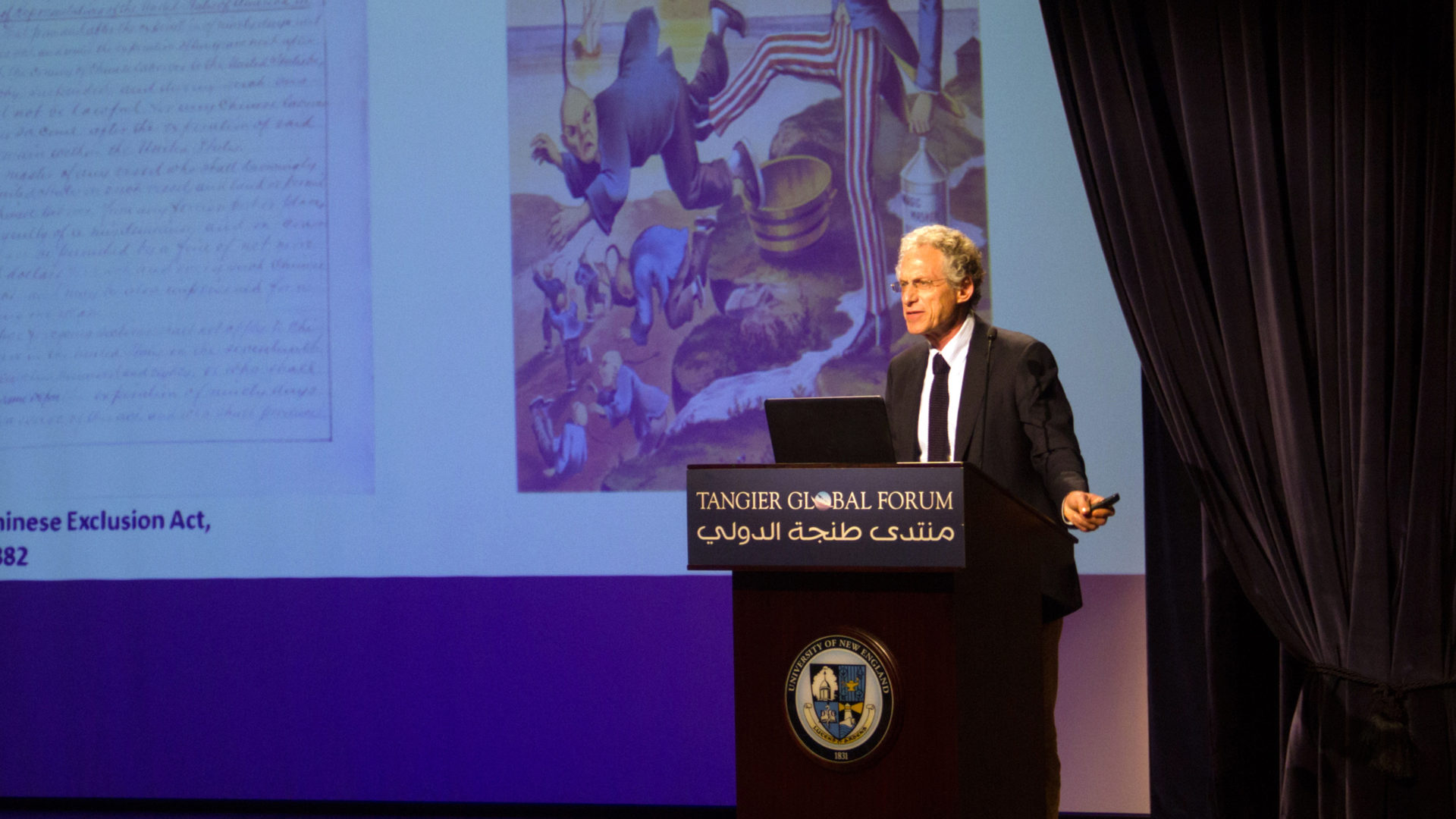
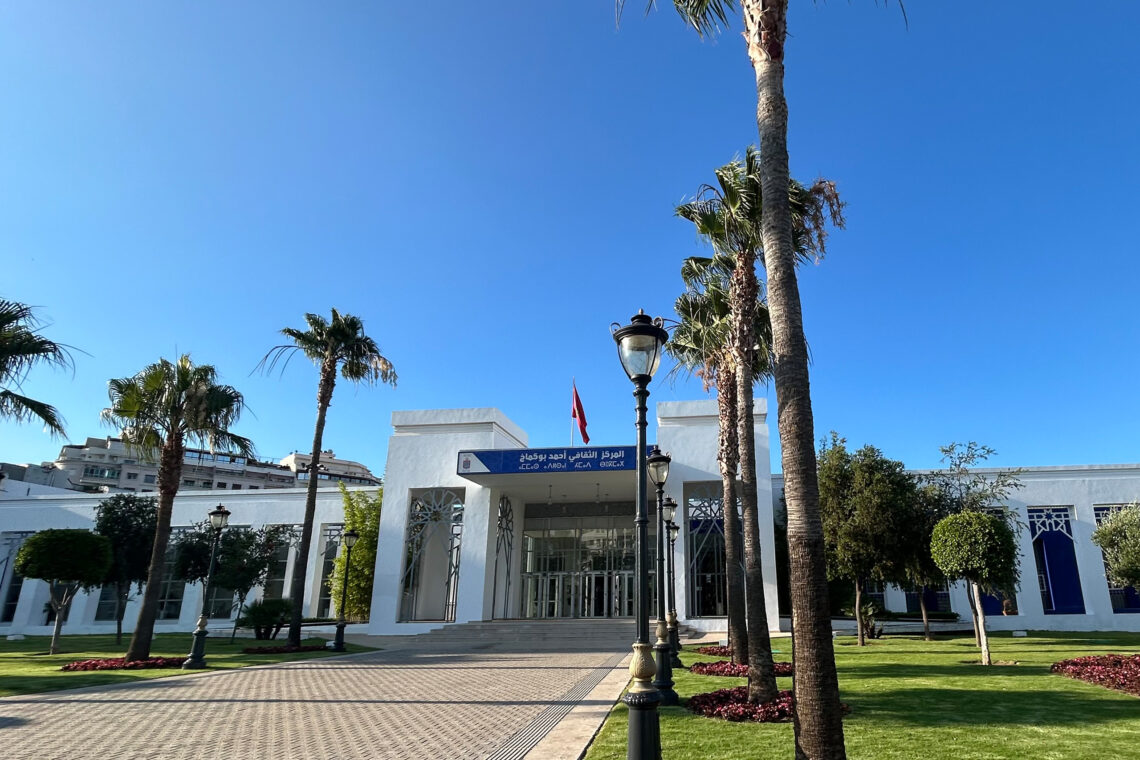
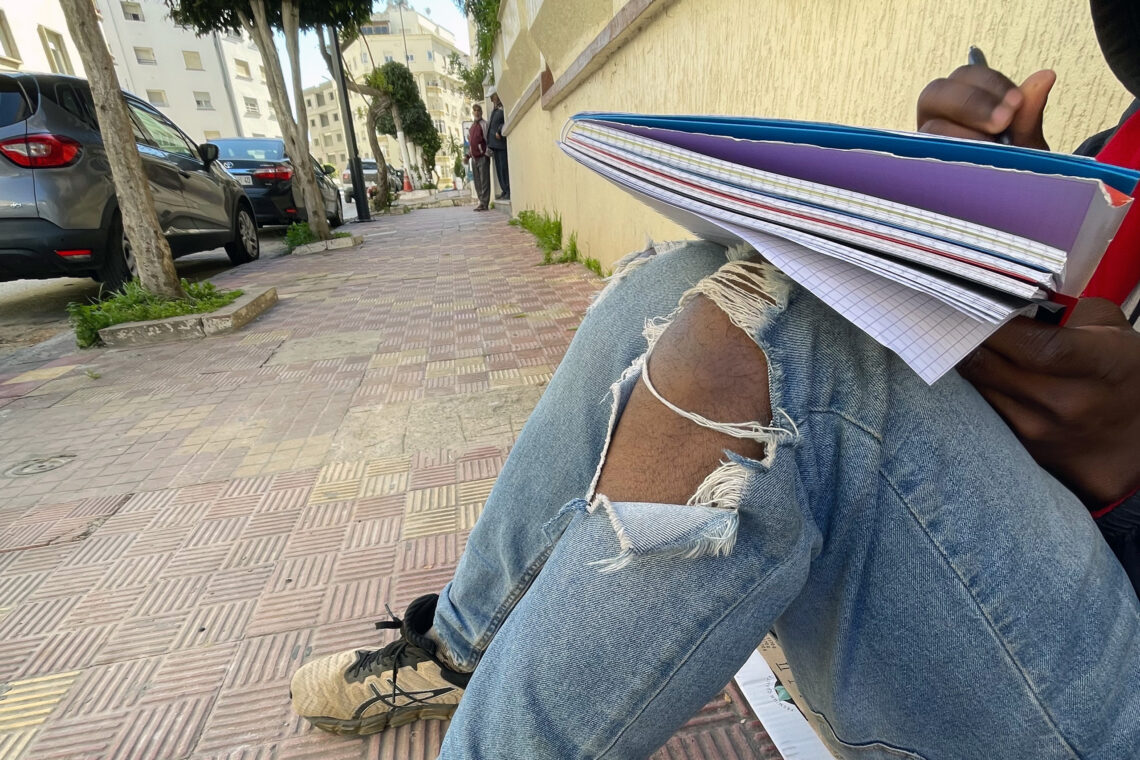
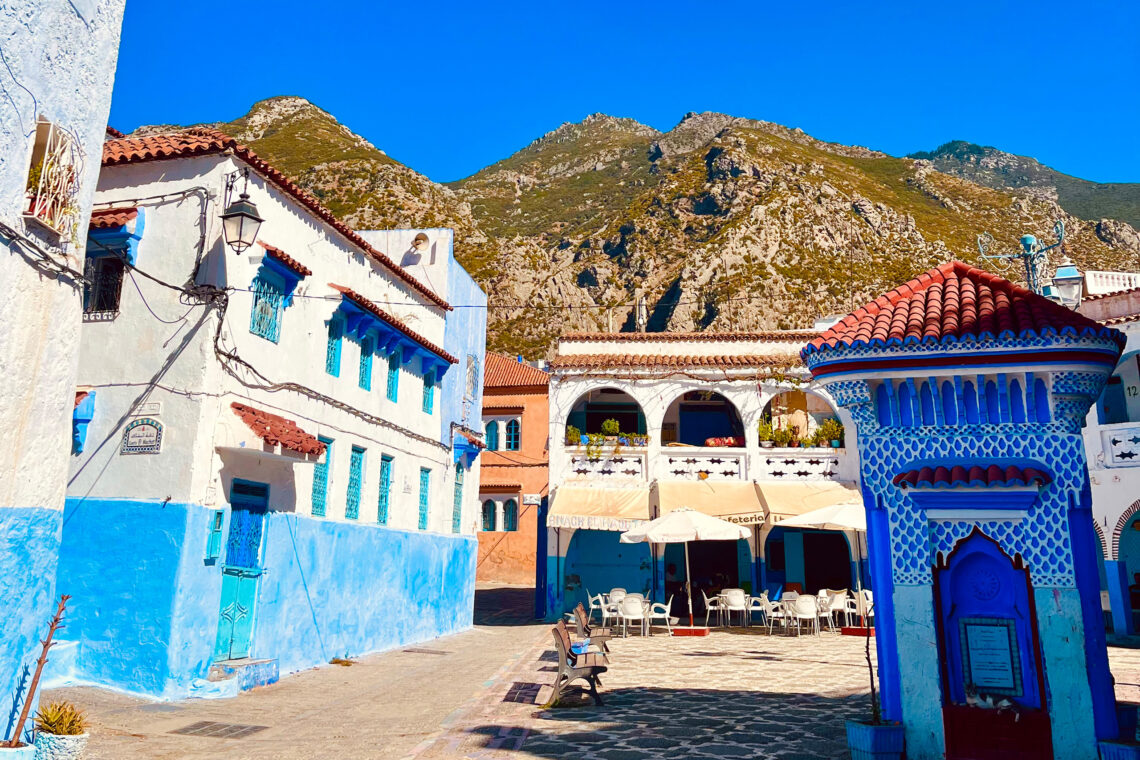
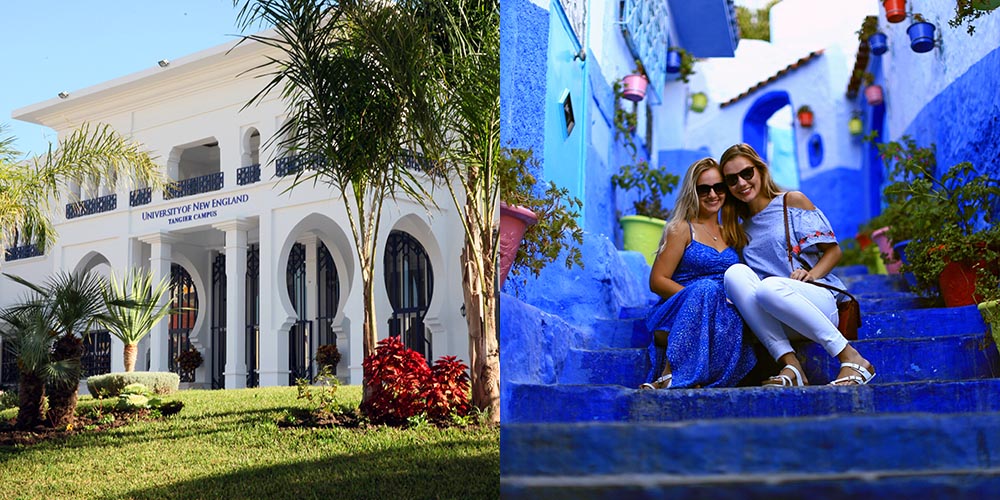

Comments are moderated by the editor and may not appear on this discussion until they have been reviewed and deemed appropriate for posting. All information collected is handled in a manner consistent with our privacy policy.